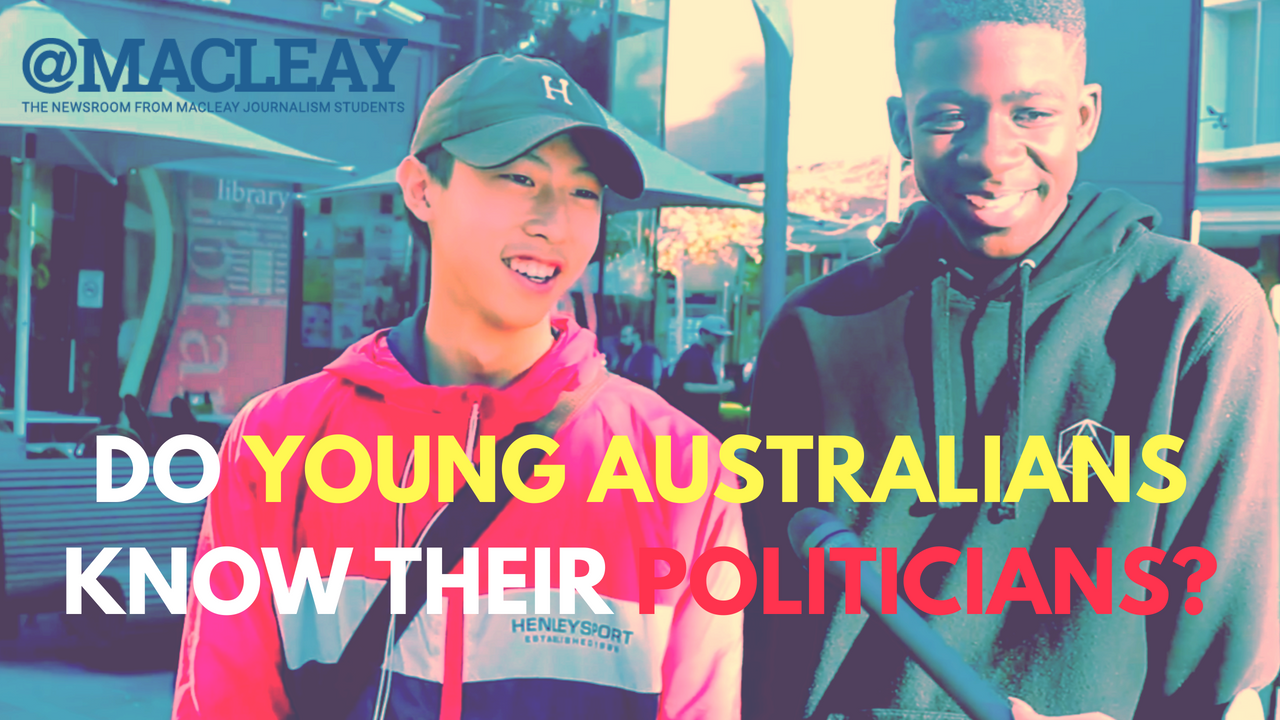Hatch reporters Simran Popal and Shannen Findlay took to Sydney’s streets to see if young Australians could identify some of Australia’s most recognisable politicians.
Research suggests young Australians are more engaged in politics than their elders like to think, but it’s not in the most traditional way.
An SBS article examining the interest shown in politics categorised by age tells us younger Australians have the least interest in their political leaders.
According to Ariadne Vromen, Professor of Political Sociology at the University of Sydney, teenagers will be interested in politics when the issues resonate with them.
“Young people do not feel a dutiful sense of allegiance to traditional forms of electoral party-based politics,” she said.
This suggests young people may not be invested in politics, but will show interest when the core issues that impact them – such as housing affordability and education – are discussed.
A 2016 survey of social attitudes showed over 50 per cent of participants agreed children aged 15-18 should help in making government decisions, and over 25 per cent strongly agreed.
Stephen Young, founder of the Civics Education Network in Ontario, Canada, says in order for young people to show an interest in politics, education systems must have honest and inclusive conversations.
“If we want kids to vote, to be engaged, we need to address them directly, hear their concerns, give them a reason to be engaged,” he said.
Mr Young said teenagers should be made to focus on the politics they care about, whether that be public transport, education, waste management or policing. “These are all local issues of deep interest to kids,” he said.
Young Australians may not be the most politically-engaged generation, but they will care when it matters to them.
– Simran Popal, Shannen Findlay


